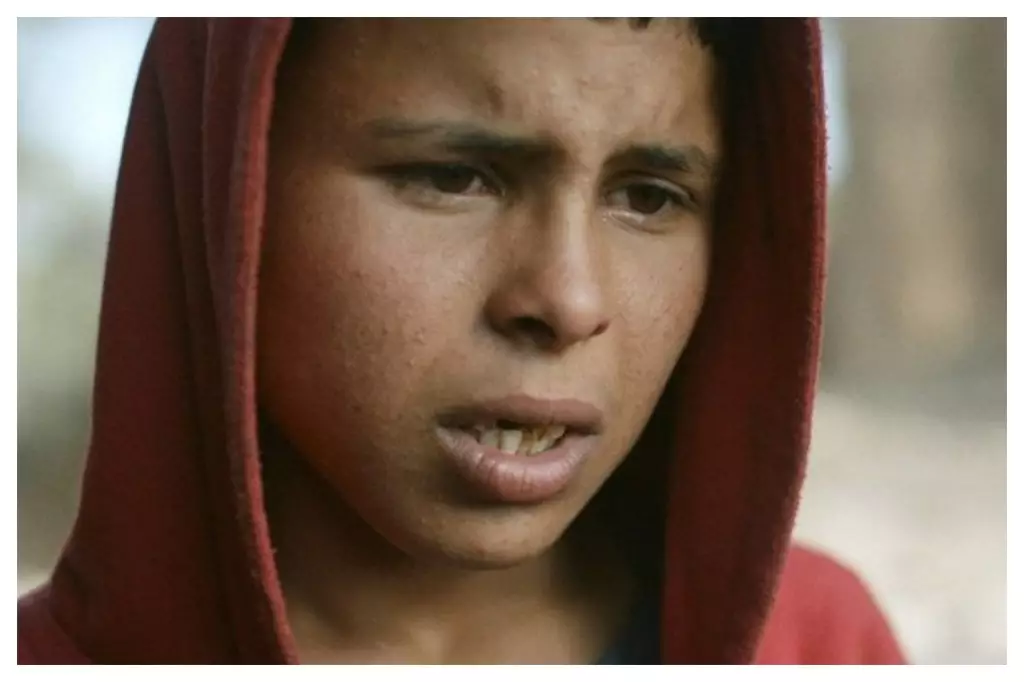At this year’s Red Sea Film Festival in Saudi Arabia, Tunisian director Lotfi Achour’s film, “Red Path,” emerged as a standout, securing both the Best Film and Best Director awards. This film festival, now in its fourth edition, celebrates cinematic contributions from the Middle East, Africa, and for the first time, Asia. “Red Path” was selected from a notable pool of 15 entries, highlighting the festival’s commitment to showcasing diverse storytelling from these regions.
The narrative of “Red Path” is particularly poignant. It follows a young shepherd boy grappling with the trauma of witnessing the brutal beheading of his cousin by ISIS militants. This harrowing event not only impacts the boy’s psyche but also sets off a chain of events where he feels compelled to bring his cousin’s head back to his family. However, the quest to recover the cousin’s body amidst an ongoing threat poses a profound external conflict, underscoring the ongoing impact of violence in the region.
The festival’s main feature film competition was guided by a distinguished jury, led by renowned filmmaker Spike Lee. He was joined by a diverse panel that included Egyptian director Abu Bakr Shawky, British actress Minnie Driver, Turkish star Tuba Büyüküstün, and American actor Daniel Dae Kim. Their collective expertise ensures a well-rounded approach to evaluating the films, thereby enhancing the integrity of the awards presented.
The winners announced during the ceremony reflect a rich tapestry of international talent and themes, fostering cultural exchange and dialogue. The honorees included notable figures in the industry, with Priyanka Chopra Jonas and Viola Davis receiving honorary accolades for their contributions to cinema, presented by respected peers.
The festival’s list of winners highlighted not only “Red Path” but also other exceptional films. “To A Land Unknown,” directed by Mahdi Fleifel, garnered the Silver Yusr Feature Film award, while Mahmoud Bakri and Mariam Sherif received Best Actor and Best Actress awards for their roles in “To A Land Unknown” and “Snow White,” respectively. These recognitions indicate the festival’s commitment to elevating voices from varied backgrounds and perspectives.
Additionally, awards in screenplay and short films underscored the festival’s inclusive spirit, with international contributions from directors like Oday Rasheed and Xiaoxuan Jiang being acknowledged. The breadth of categories indicates a rich cinema environment, one where stories from multiple cultures facilitate a global conversation.
The success of “Red Path” and the overall festival is monumental not only for Tunisian cinema but also for the broader narrative of Middle Eastern films in global cinema. As the world becomes increasingly interconnected, platforms like the Red Sea Film Festival provide critical opportunities for filmmakers to share their stories. They encourage dialogue around pressing social issues while showcasing the depth and resilience of their cultures.
The triumphs celebrated at this festival mark a turning point in how films from these regions are perceived, appreciated, and engaged with on an international scale. The recognition of powerful storytelling in “Red Path” resonates deeply, reminding audiences of the universal threads that connect us all—amidst pain and healing, shared humanity persists.

